Workgroup Chair and co-Chair
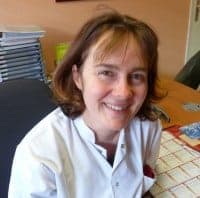
Pr Laurence Faivre
(Dijon, France)
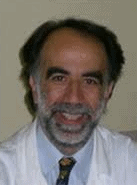
Pr Giuseppe Zampino
(Roma, Italy)
The objective of this workgroup is to support and develop new educational and training activities around rare neurodevelopmental disorders and multiple congenital malformations such as workshops, conferences, webinars, MOOCs, learning games, academic exams or textbooks.
ERN-ITHACA Webinars
The Teaching & Training workgroup has set up a webinar program to help healthcare professionals and patients to acquire highly specialized knowledge in the field of rare congenital malformations or neurodevelopmental disorders, without the need to travel, at their convenience.
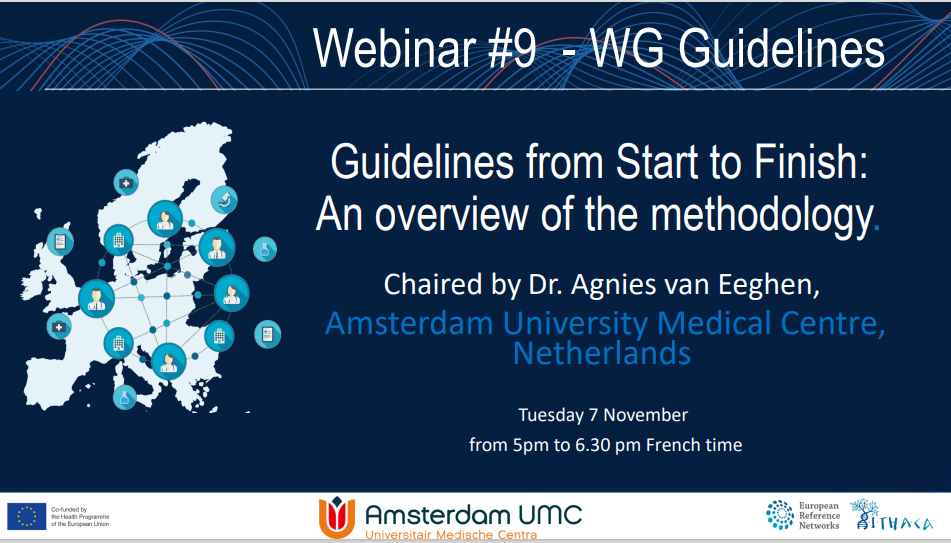
About ten webinars are organised per year by ITHACA experts, on various disorders or aspects of care, such as fetal surgery for omen dysraphisms, newborn screening, guidelines methodology, Down syndrome or care for old.
To elaborate each webinar, this taskforce pays special attention to the ITHACA Patient Advisory Board’s inputs, so that the productions remain at least partially accessible for patients and their families, when they are not designed for them.
The taskforce also collaborates with other research or care entities, such as the European Paedriatric Neurology Society EPNS), or other ERNs, to produce joint webinars.
Our webinar program is open to applications: if you’d like to organise a webinar on any topic falling into the scope of ITHACA, please consult this document to see the guidelines and to fill the embedded application form.
Massive Open Online Courses (MOOCs)
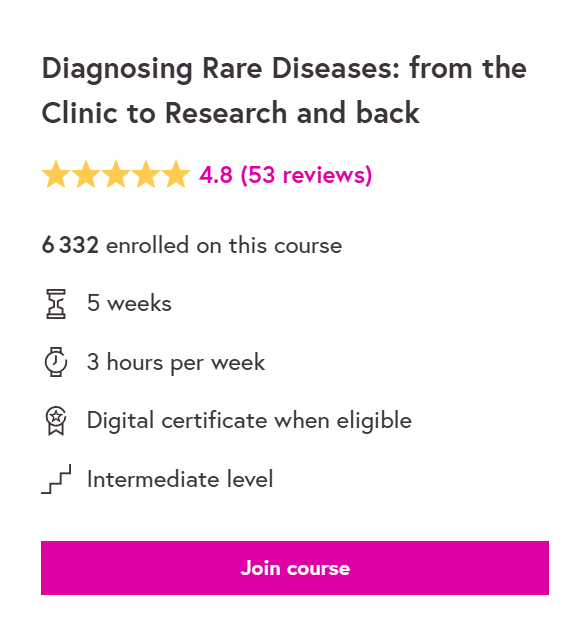
MOOCs are valuable tools to disseminate highly specialised knowledge to large audiences. This taskforce seeks to support MOOCs initiatives in the realm of ITHACA. The ERN is thus partner of two MOOCs: one course created by the late European Joint Program on rare Diseases (EJPRD) and hosted by the Fondation Maladies Rares on how to diagnose rare diseases, and an introductory course on genomic medicine and bioinformatics managed by the Université Paris-Cité.
In particular, we are providing the former with ITHACA young experts to moderate “facilitation windows” (online sessions for students to ask experts questions). If you are a trainee in genetics and are interested in supporting the MOOC in this manner, please contact anne.hugon@aphp.fr for more details. Effort rewarded.
Conferences
The taksforce is involved into two conferences dedicated to dysmorphology: The Manchester Dysmorphology meeting and the EuroDysmorpho Workshop.
The Manchester Dysmorphology Meeting is a biennial conference coordinated by the University of Manchester that brings together international experts in the field of genomic syndromology. Through this taskforce, we are contributing to the meeting’s organisation, and are supporting the participation of young geneticists to the event. The next edition of the meeting is to be held on 16-19 November 2025 – in Manchester of course!
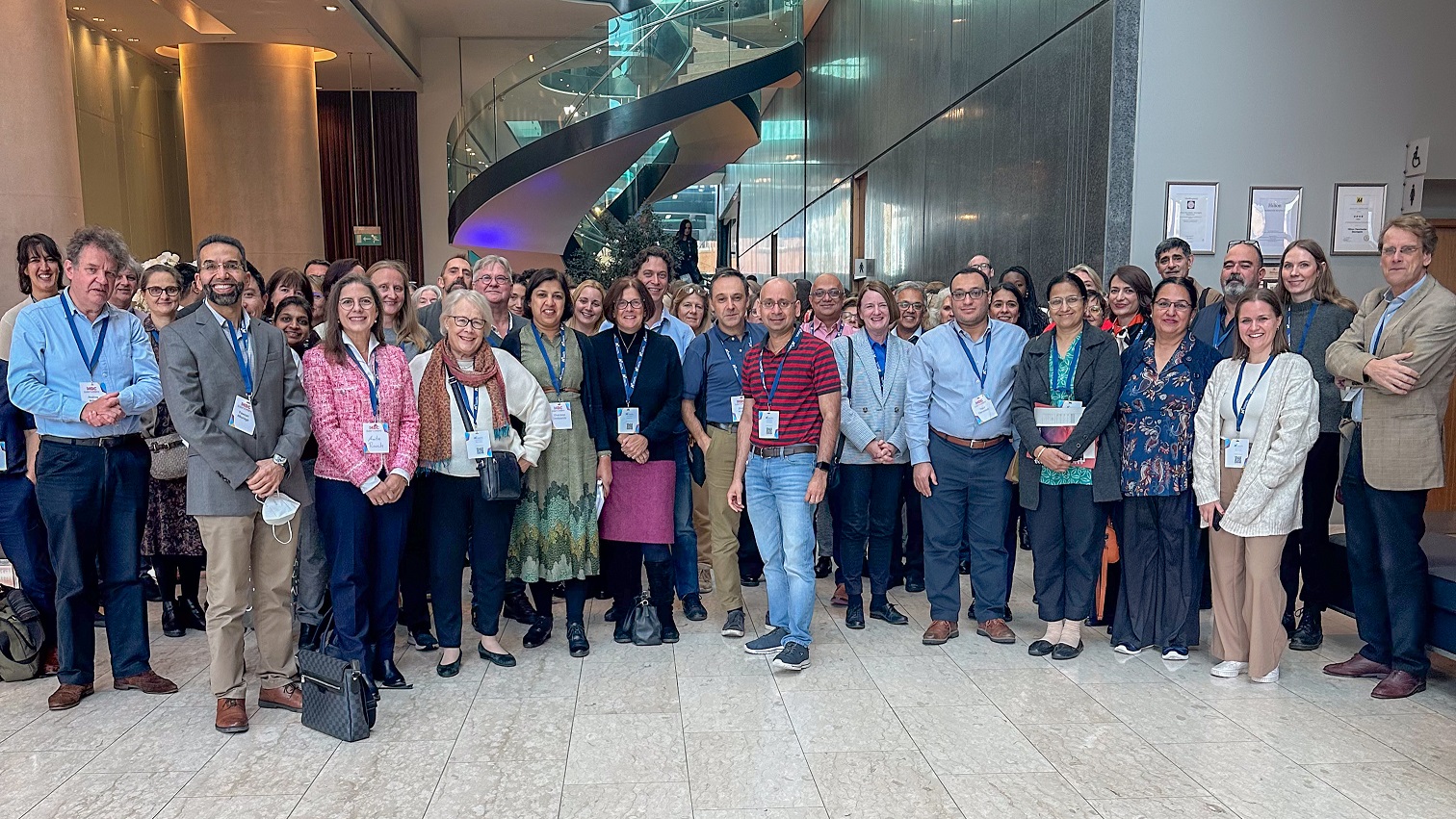
2023 Manchester Dysmorphology meeting – Manchester, UK
The EuroDysmorpho Workshop (or European Workshop on Dysmorphology) is the first European meeting dedicated to Dysmorphology. It has been held annually for the past 34 years, and is now led by Profs Koen Devriendt from KU Leuven, and Alain Verloes coordinator of the ERN-ITHACA at Robert Debré Hospital. This event is fully organised by the ERN. It aims to bring together young clinical geneticists and trained dysmorphologists to share their professional experiences and present their clinical challenges.
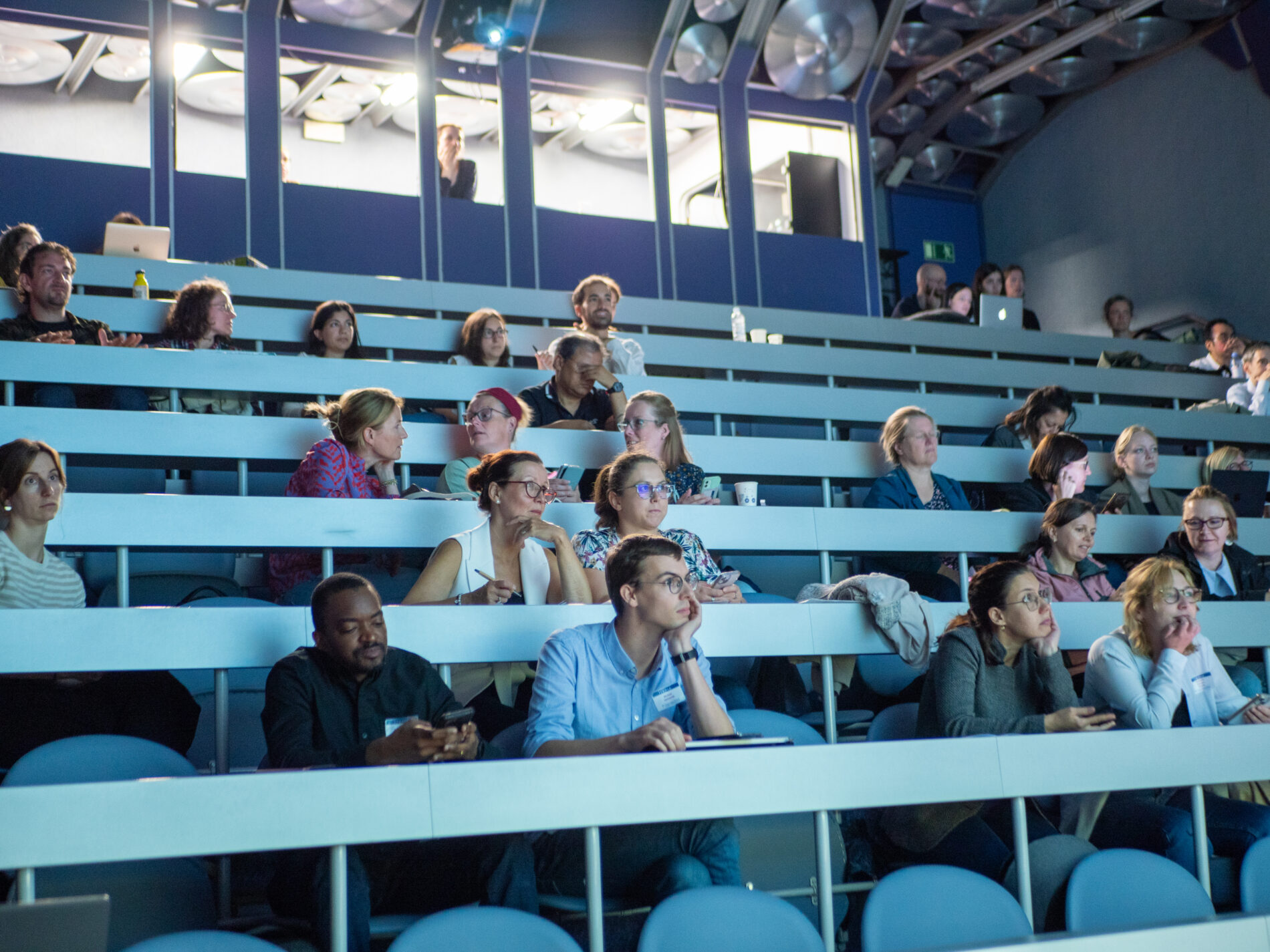
2023 EuroDysmorpho Workshop – Ljubljana, Slovenia
Academic certificates
This tasforce is meant to coordinate the ERN involvment in academic initiatives in the field of genetics at the EU-level.
ITHACA supports the organisation of the European Certificate in Medical Genetics (ECMGG), which is the first European diploma in medical genetics, and is responsible for the exam’s preparatory meetings. The ERN is also involved through the participation of its Coordinator, Prof. Alain Verloes, in the ECMGG Board.
The workgroup is also supporting the in-progress European Master Program by providing the cursus a full module of courses in genetics.
Serious Games for healthcare providers
Simulation games can be great training tools for medical professionals, especially when it comes to rare diseases: What should be the first steps when there is a suspicion of rare disease? What diagnostic tools are the most relevant? How to announce the diagnostic to the patient and the family? By immerging the player in virtual clinical situations, these games are an underestimated way for healthcare providers to learn best practices and to develop soft skills.
This taksforce is supporting the development of a series of simulation games for rare diseases called the Rare Syndromic Games, that will be part of a RD training program for medical workers unfamiliar with rare diseases.
Support to the Young Geneticists network
The Young Geneticists are a network of young genetic doctors or counsellors that was built to promote human genetics, connect isolated trainees, encourage ambitious collaborations and reduce the generational gaps in technologies or knowledge.
First launched on Facebook in 2018, it is now a coordinated community of about 1500 young professionals, coming from over 100 countries.
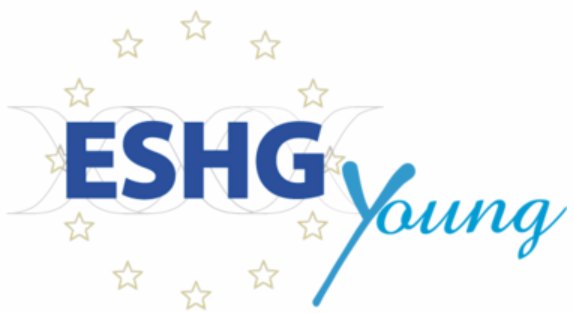
ITHACA is committed to empower this enthusiastic group of young trainees by promoting them at European meetings or involving them into various of its projects. Young Geneticists have thus been part of the EuroDysmorpho workshop Scientific Committee since 2022, or are collaborating with the Guidelines or Research workgroups to write care documents, such as guides for patients and families, or Orphanet summaries.
